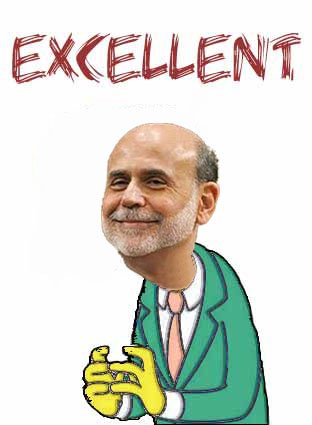shiody
Confused about dryer sheets
We have always aspired to be FIRE-like, and have maxed out TIAA-CREF 403b and steadfastly put extra cash into Vanguard funds. We would like to retire by 52 and had a portfolio analysis that shows we are very light in bonds at 3% of PV, and Emerging Markets. I have some cash available, would now be a good time to buy bonds, while they are low? The Emerging Market field has gone up sharply since Dec, so not sure if it will continue the rise- perhaps wait for a drop and then buy in?
I've always been a fan of Vanguard mutuals, and now am looking for Vanguard ETF's for even lower expenses. Thank you.
I've always been a fan of Vanguard mutuals, and now am looking for Vanguard ETF's for even lower expenses. Thank you.

